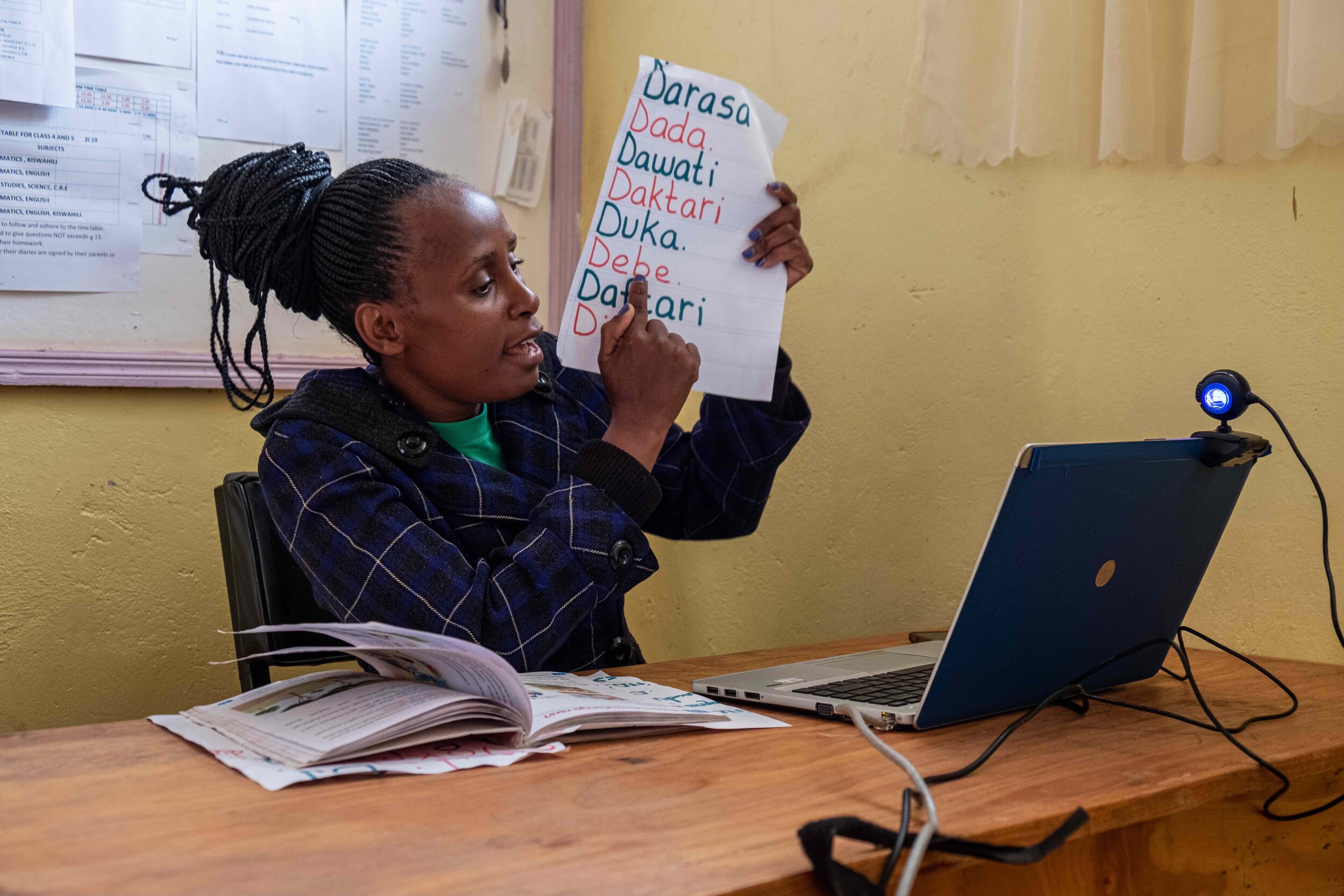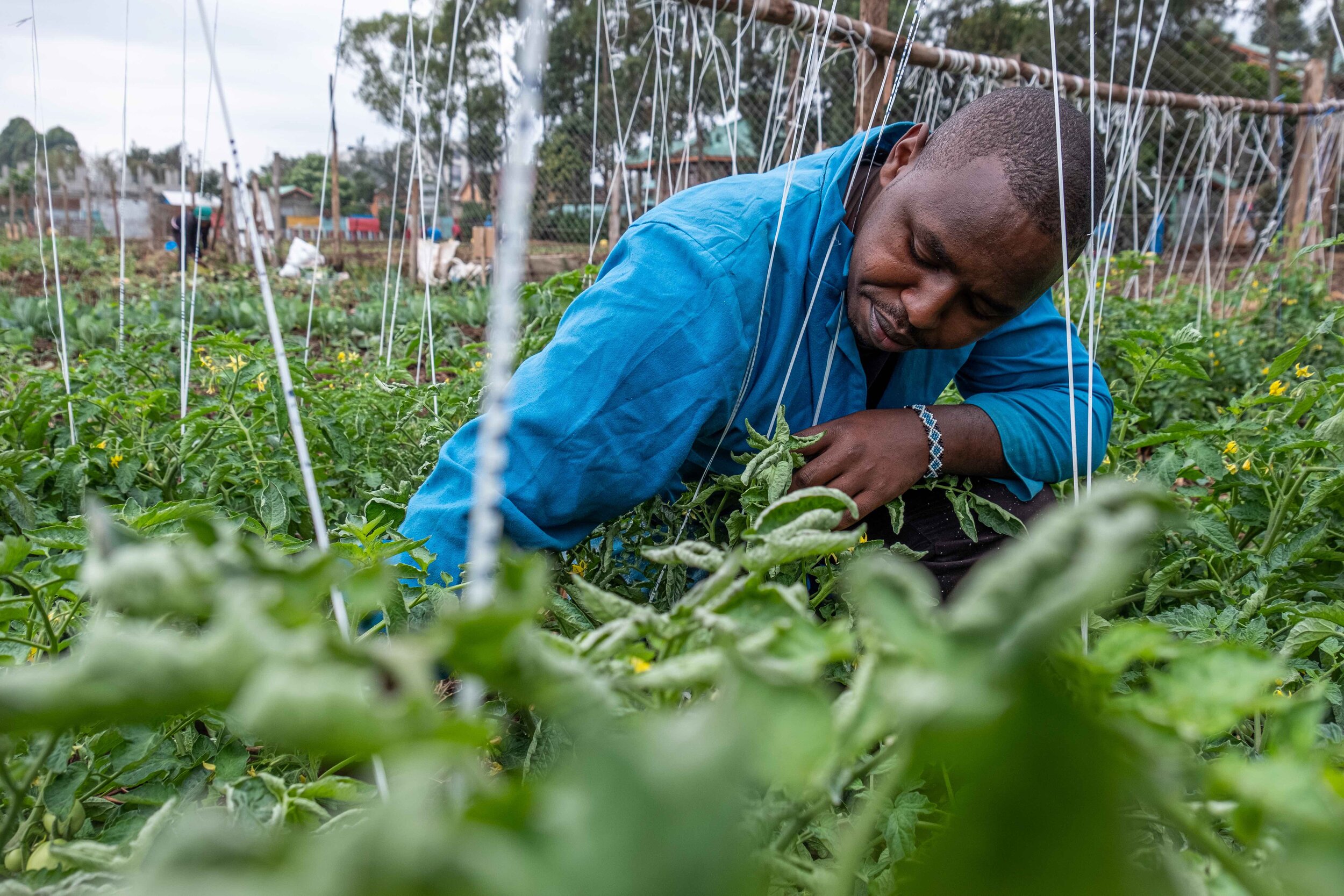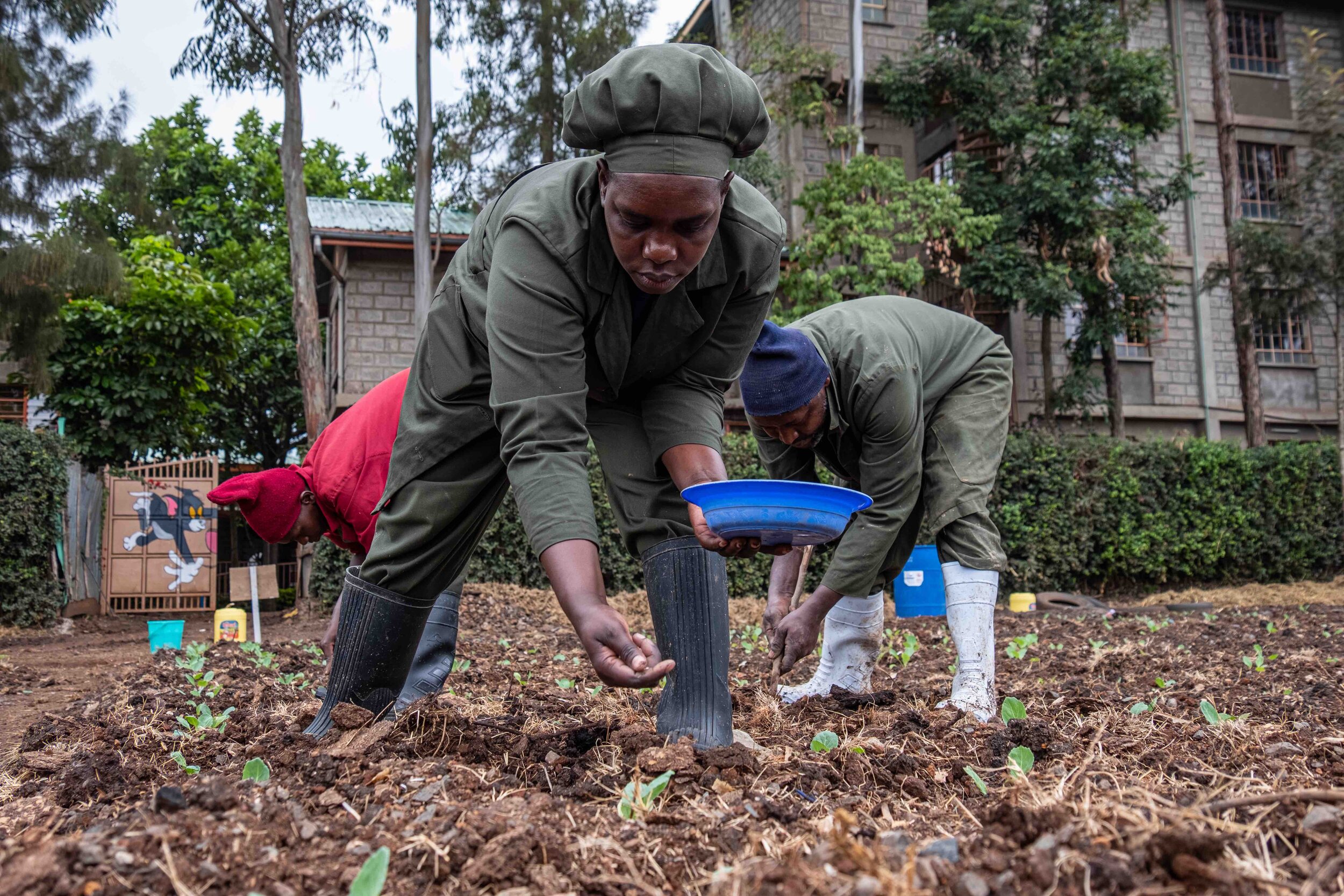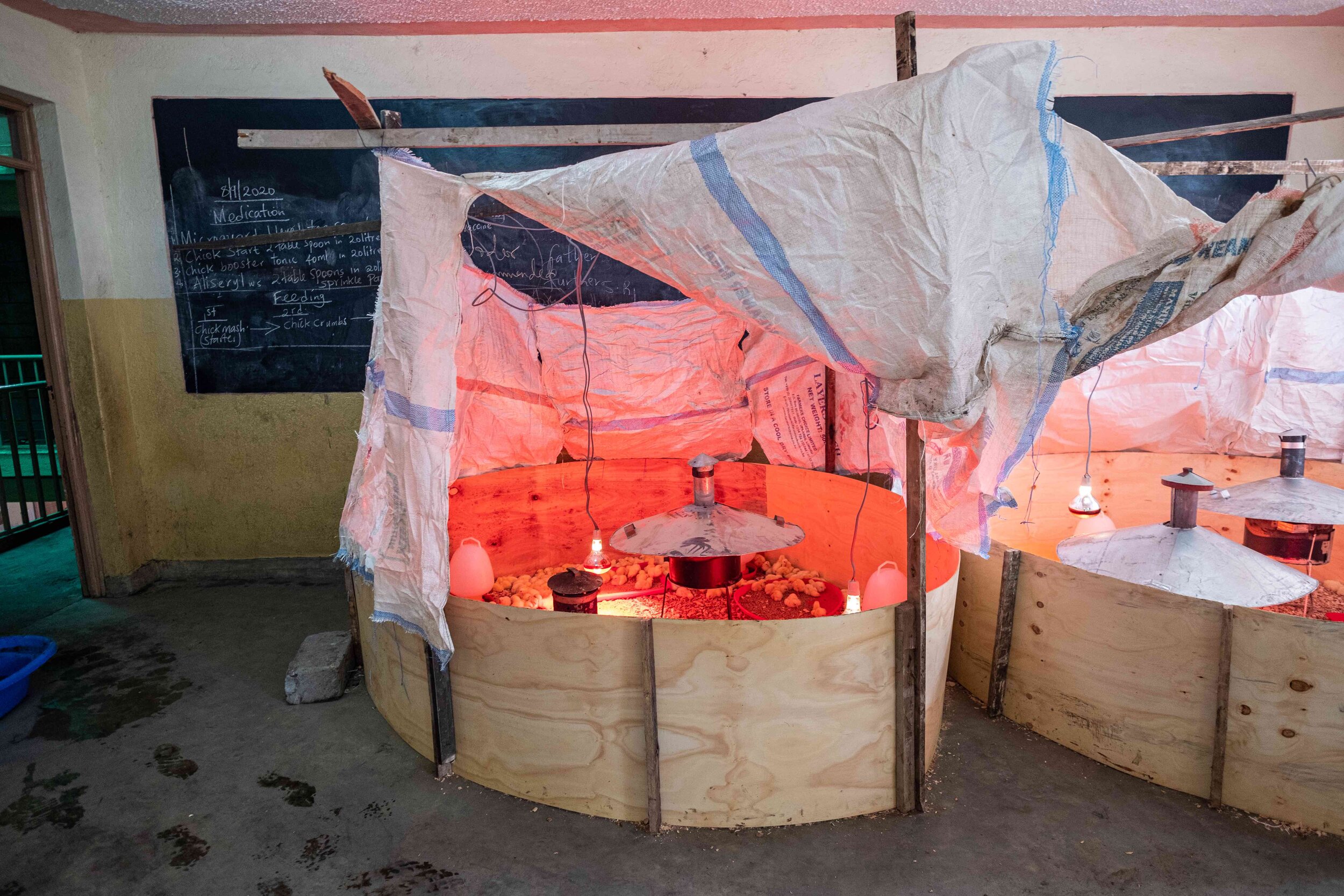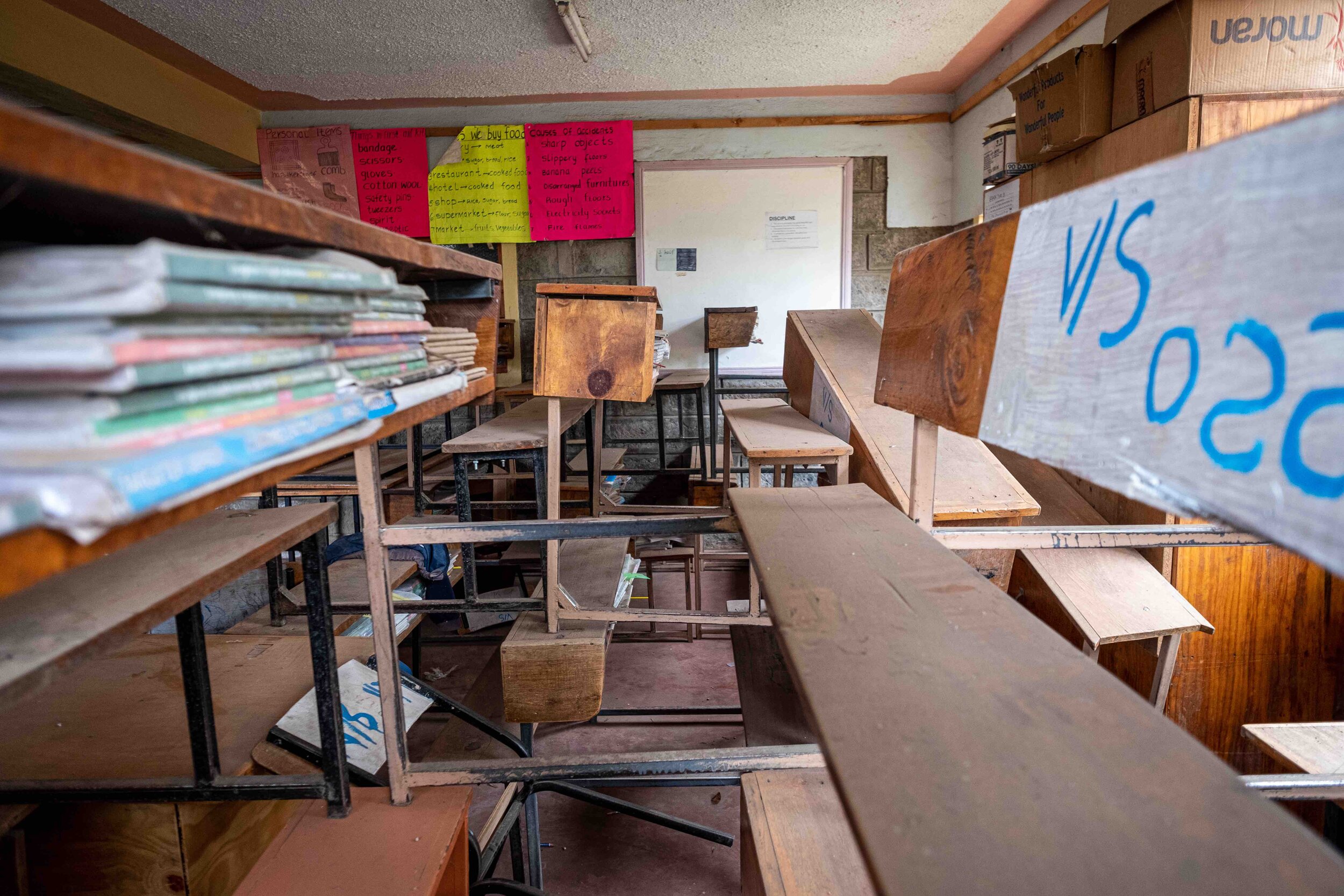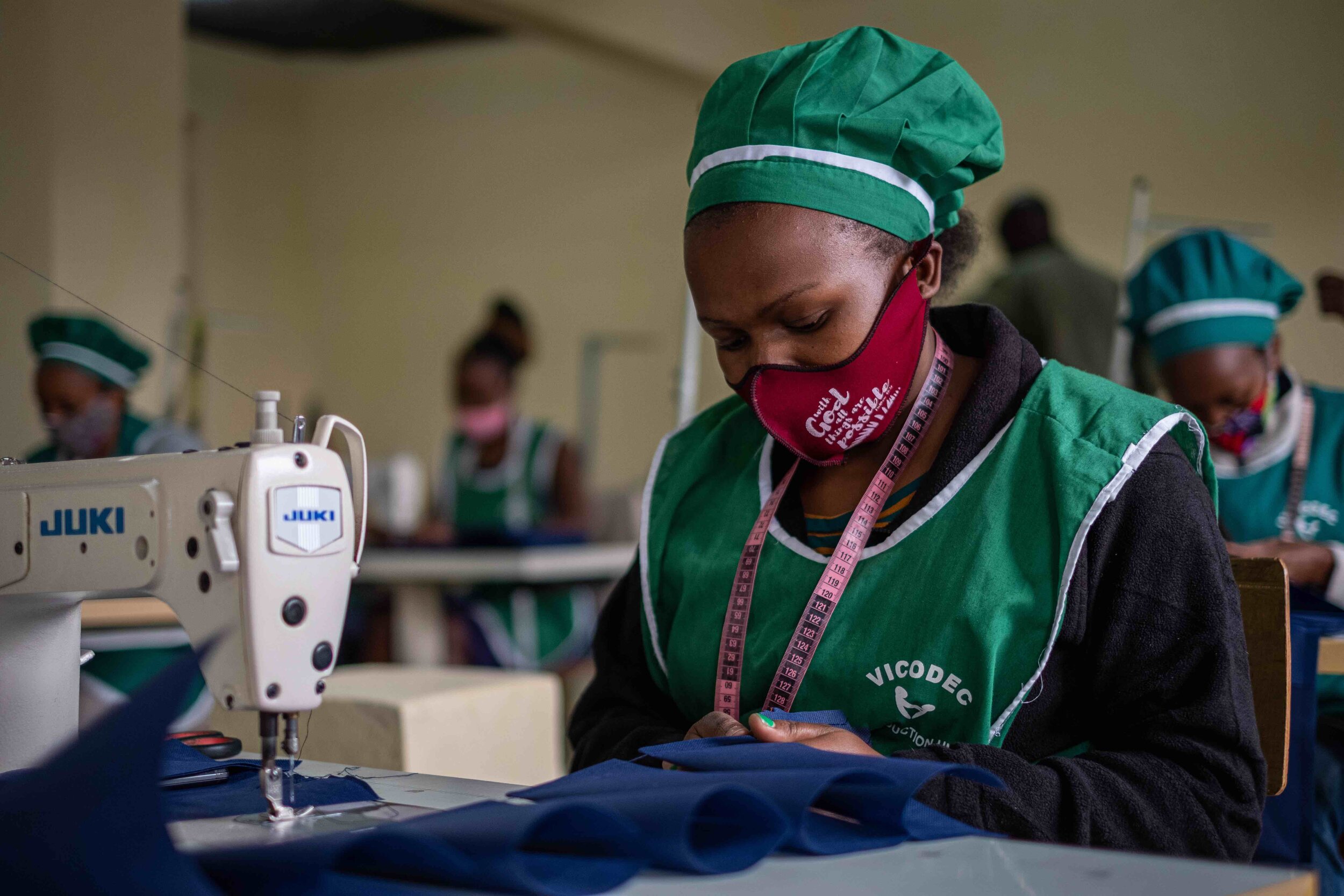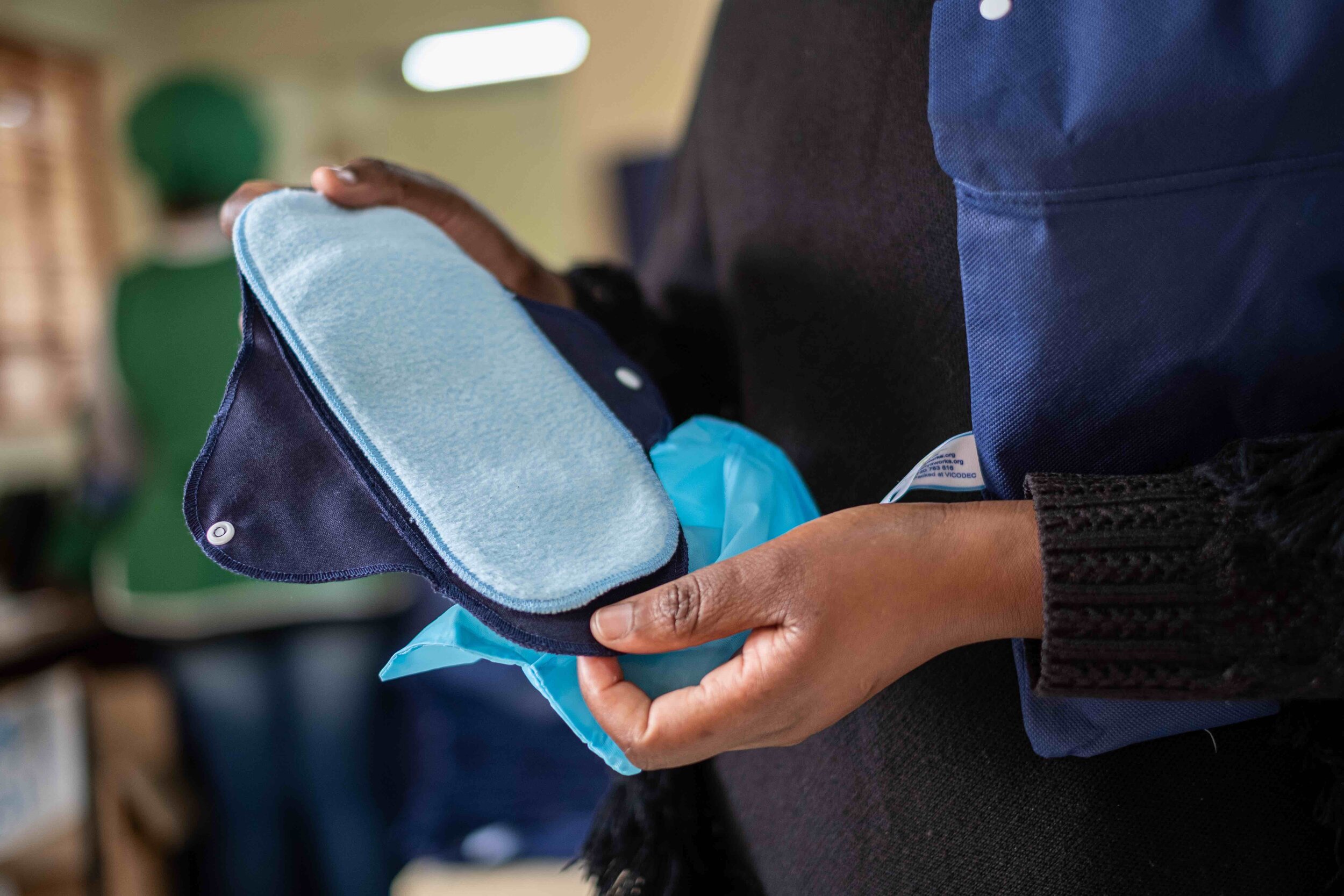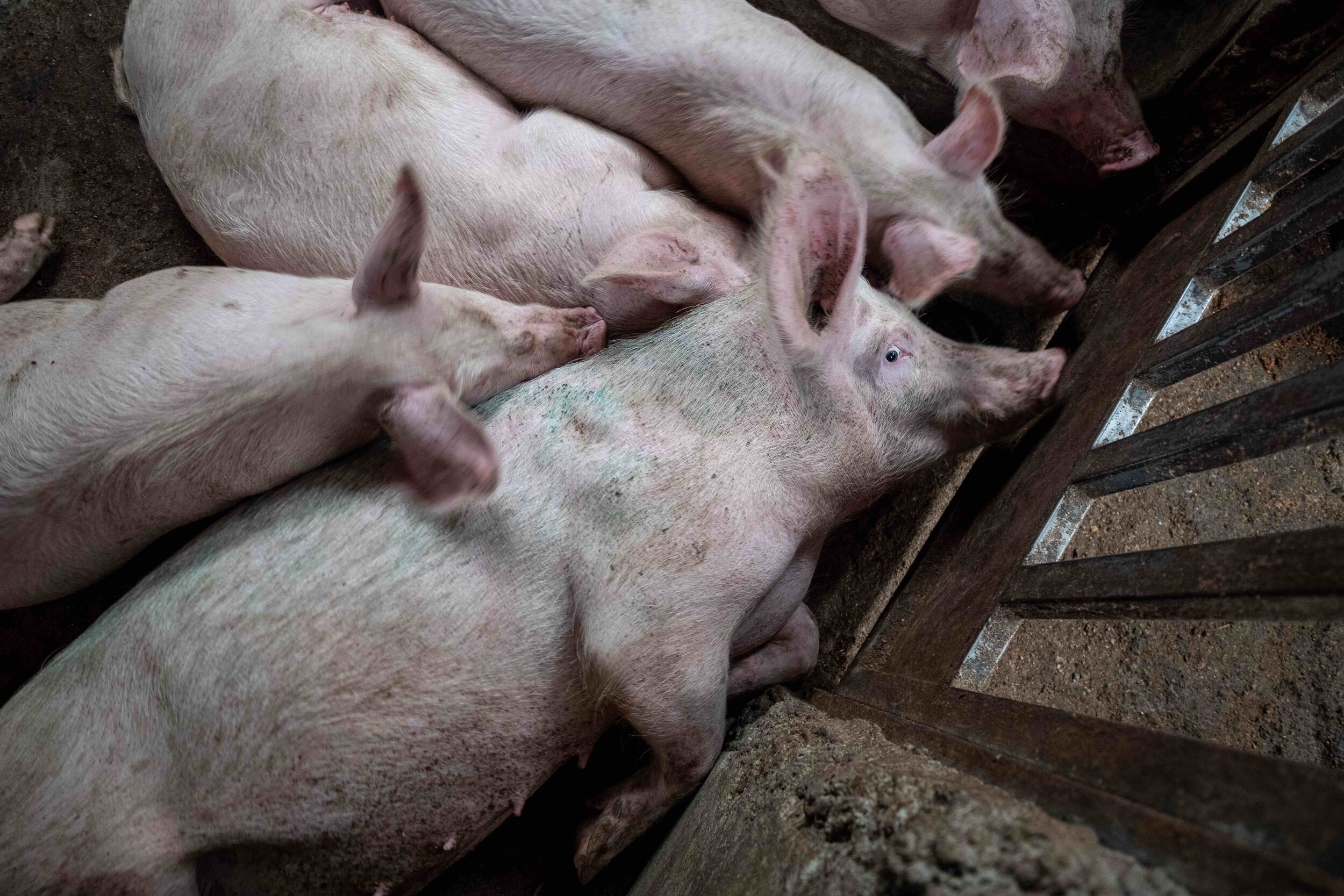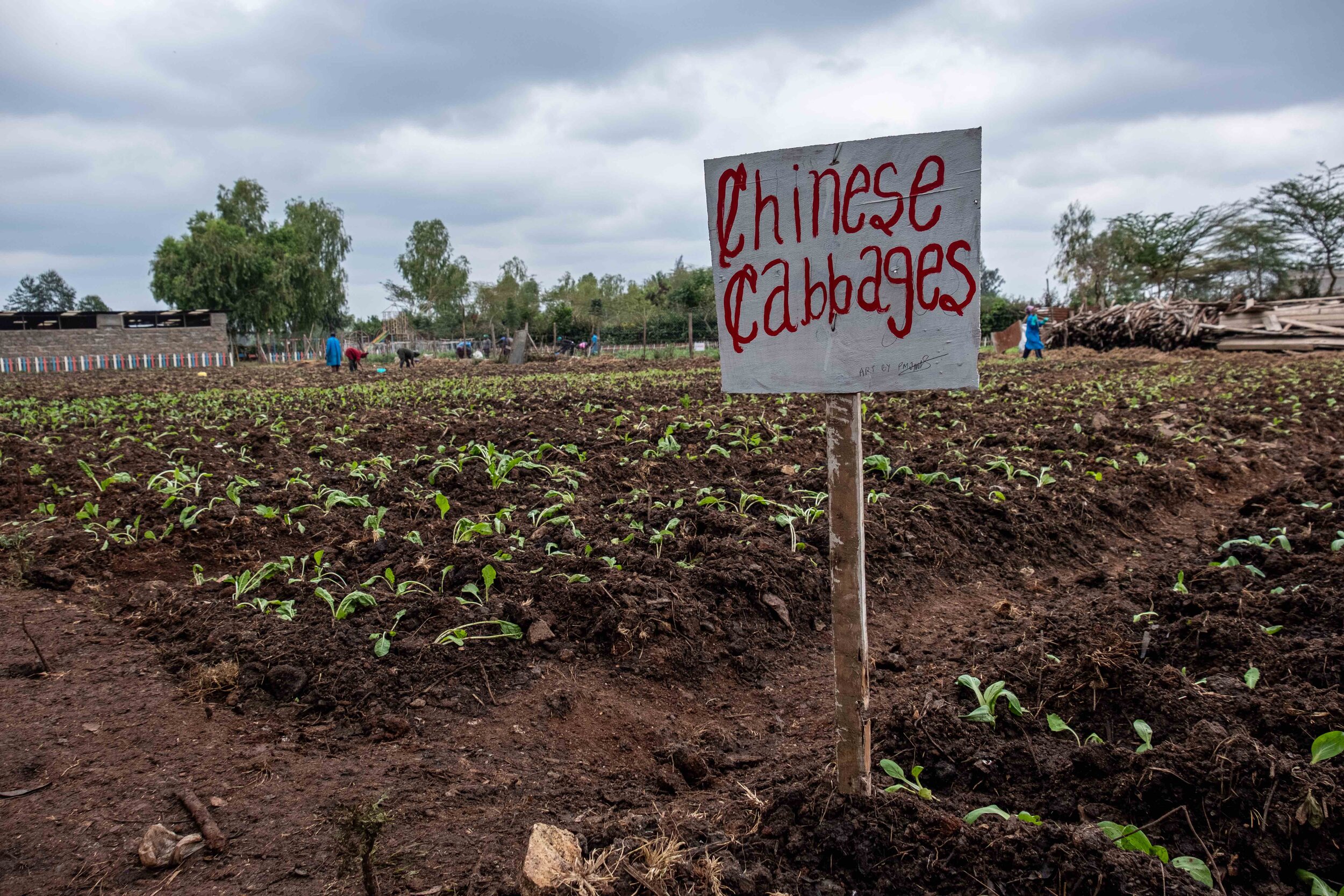On my first assignment for Dutch newspaper Trouw, I traveled to ‘Vicodec’, a school in Kenya’s Ongata Rongai. Here, the teachers have picked up farming as they are out of work - because of Covid, schools are closed for the rest of the year. You can read the piece by Ilona Eveleens in full by following this link to the Trouw website.
In Kenya, schools are closed until January next year. The decision, made by the government as a measure to control the spread of Covid-19, proves to be a large challenge for private schools. Where state-run schools still get funding to pay for rent and salary, private schools rely on fees paid by parents. And so many private schools are in financial trouble, sending their staff members on unpaid leave.
Just south of capital Nairobi, in a town called Ongata Rongai, the Victory Community Development Center used to offer education for around 560 children who mainly live in the informal settlement called Kware. But because of Covid-19, children are forced to stay home, and so the school had to get creative in order to survive. Classrooms were transformed into chicken coops, and the gymnastics field and playground have been plowed so that the teachers can grow crops and keep livestock.
“We are getting some donations from Kenyans and a family in the US,” Vicodec’s head teacher Rose Charagu says, "but it’s not enough to pay our staff. With farming and keeping animals, we produce food to distribute to the community, as well as to generate at least some income.” And so the school's IT teacher and the hair & body care teacher work side by side on the land, while their colleagues care for chickens inside the school’s classrooms.
“We try to adapt,” Charagu concludes, "to not just sit still and wait for January. We are in control of the situation now, that feels good.”
